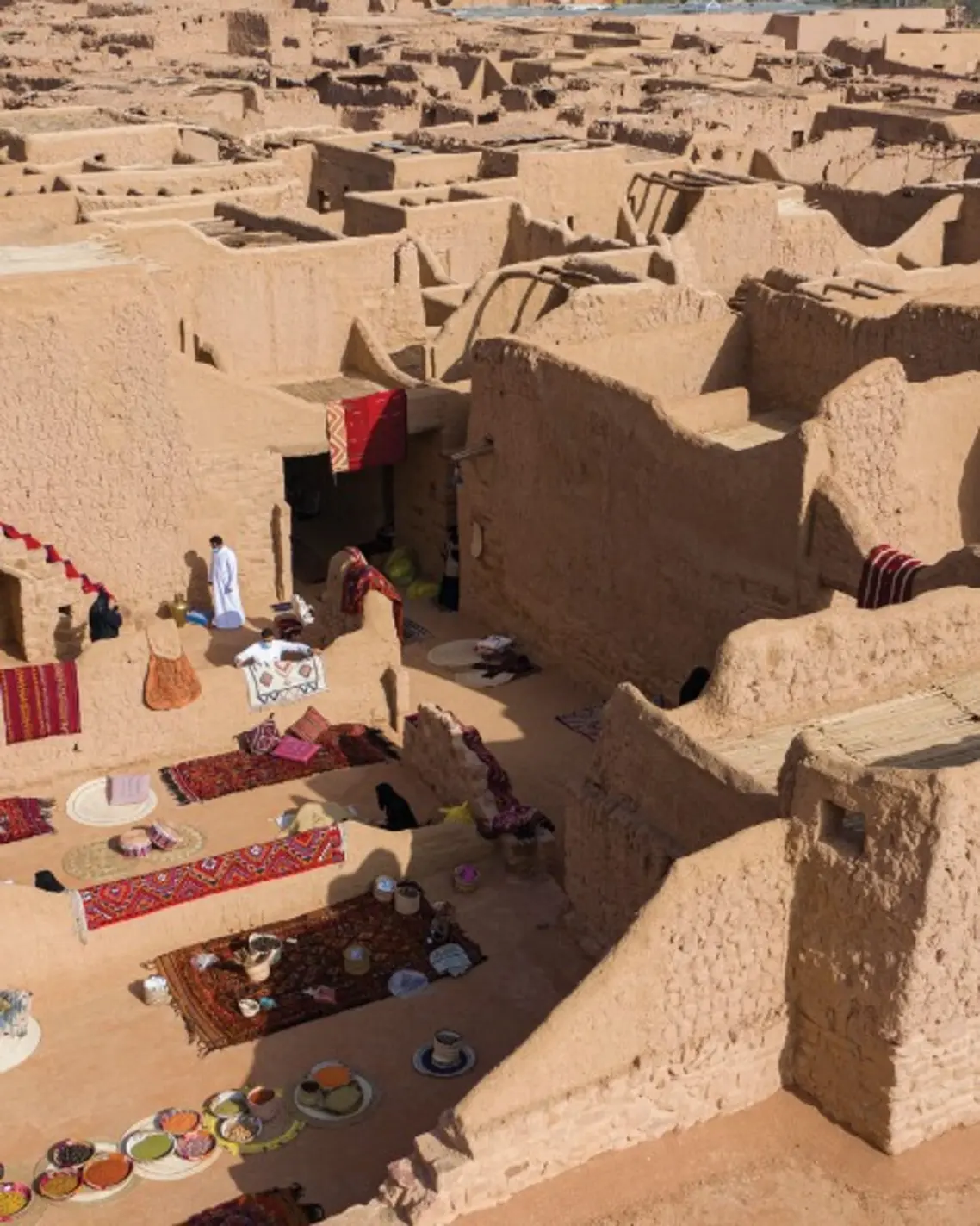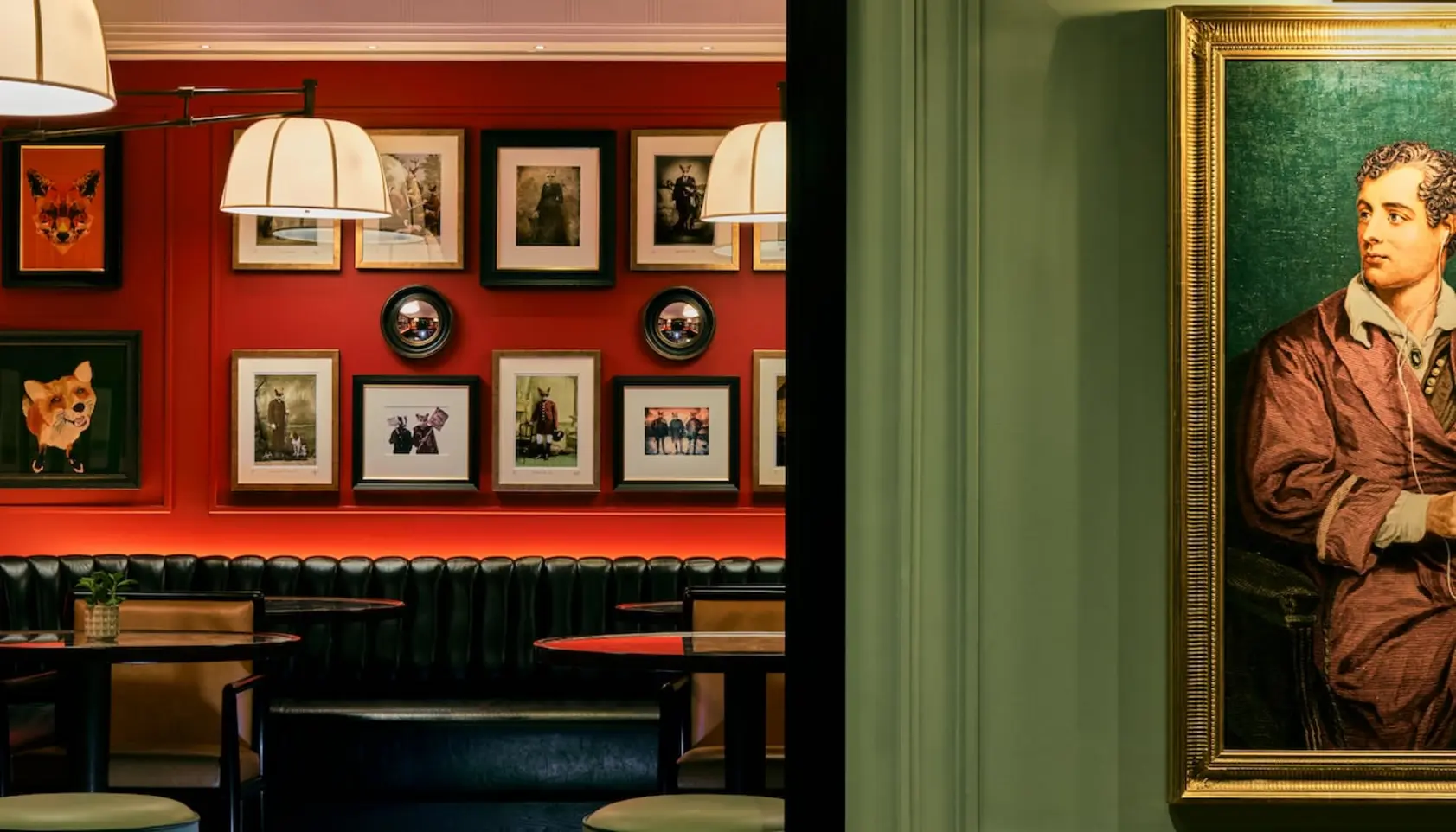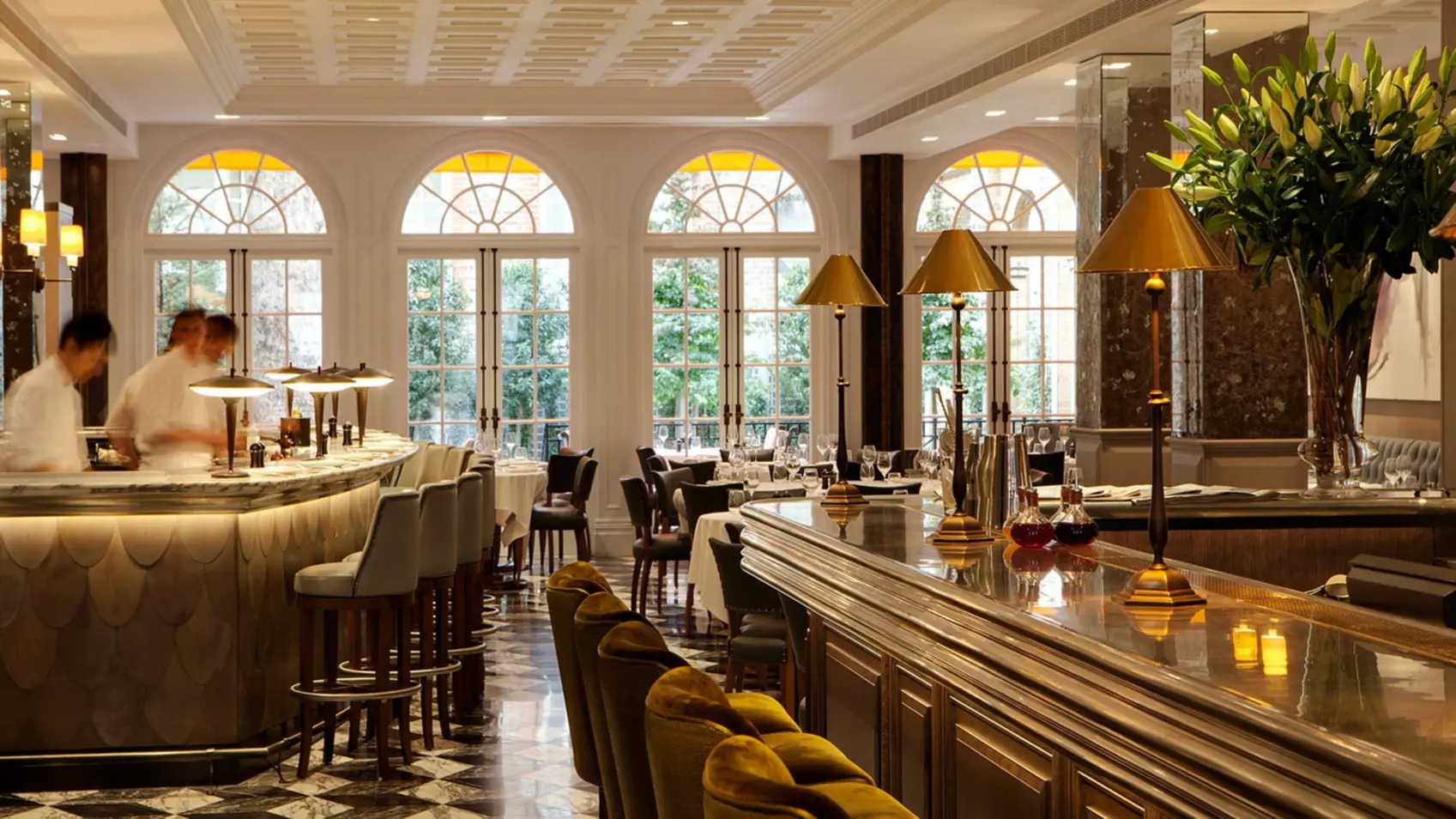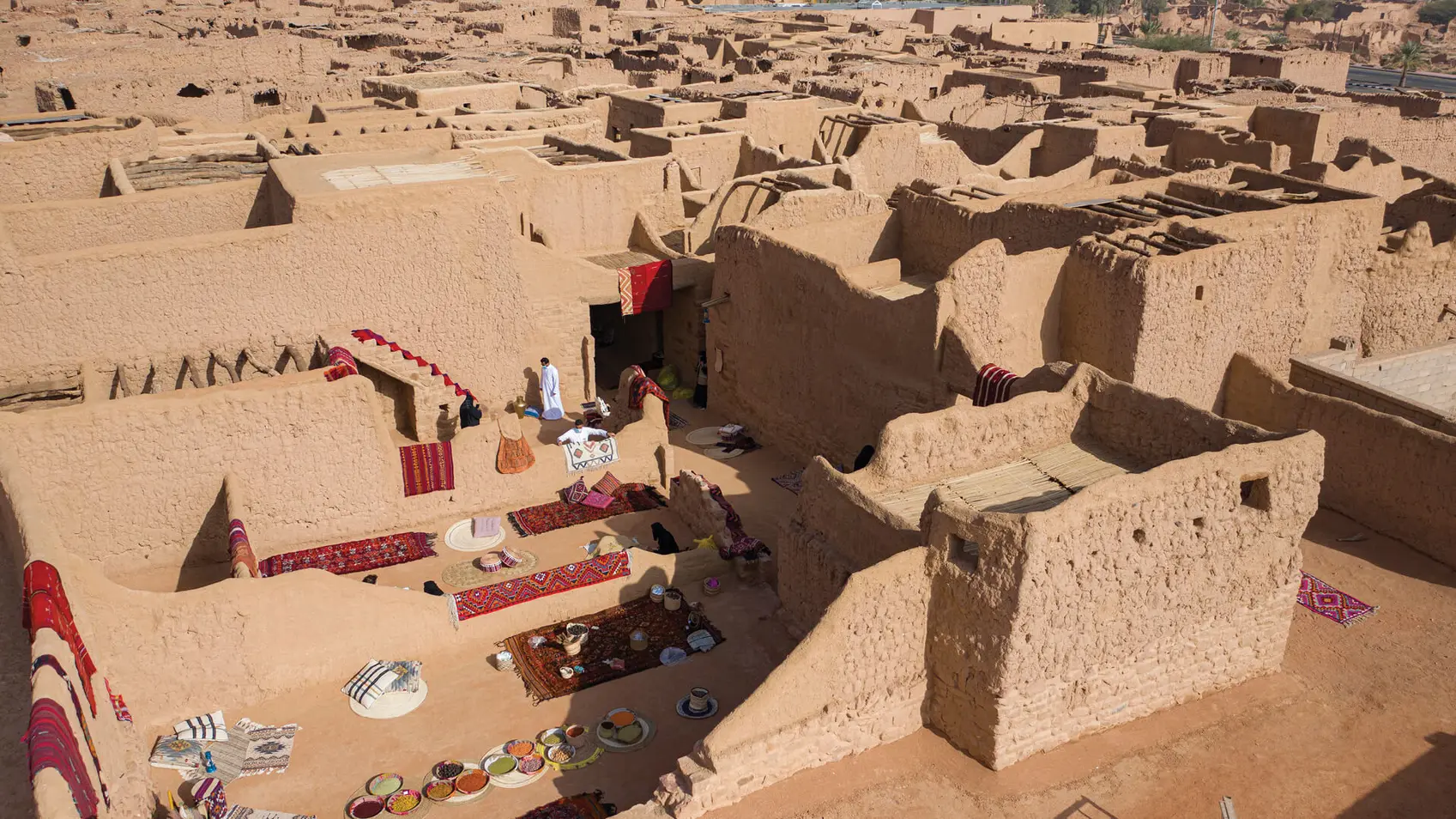There was a time when luxury travelling meant certainty. A five-star luxury hotel in Paris looked much like one in New York, Dubai, or Cairo. The same scented lobbies, the same hushed corridors, the same immaculate service promised reassurance through familiarity.

There was a time when luxury travelling meant certainty. A five-star luxury hotel in Paris looked much like one in New York, Dubai, or Cairo. The same scented lobbies, the same hushed corridors, the same immaculate service promised reassurance through familiarity.
September 27, 2025
But luxury is restless. And today, a new story is being written.
Travelers of means are no longer soothed by familiar luxury hotels. They now seek boutique hotels that feel rooted, personal, and emotionally connected to place. A boutique hotel in the shadow of the Al Fahidi Fort in Dubai tells a story of desert winds and pearl divers. A townhouse-turned-hotel in London’s Mayfair whispers of Georgian salons and modern artists. A converted warehouse in Brooklyn hums with the energy of new-world ambition.

These are not just places to sleep. They are narratives in architecture, reflections of their neighborhoods, and conduits to culture. In Riyadh, a boutique retreat might celebrate Najdi courtyards, shaded by palm trees. In Marrakech, roads with carved cedar ceilings and courtyards filled with orange blossoms feel like fragments of Arabian Nights reborn for the modern age.
Laurent Sola, of London’s Arts Club, once said: “In the upper echelons, discretion and intimacy are the new currency.” And nowhere is that more apparent than in boutique hotels. With fewer rooms and deeper attention to detail, boutique hotels have become quiet temples of luxury wellness, where privacy, calm, and emotional comfort outweigh spectacle.

In New York, The Greenwich Hotel wraps guests in a cocoon of exposed brick and Japanese soaking tubs, offering the kind of private comfort no skyscraper hotel could emulate. In Jeddah, small seaside hideaways now serve as sanctuaries for families seeking both privacy and heritage, balancing modern service with echoes of Hijazi tradition.
Perhaps the greatest gift of the boutique movement is its loyalty to place. On Fogo Island, Newfoundland, an inn interprets the year into seven distinct seasons, each with its rituals of food and landscape. In Amangiri, Utah, architecture dissolves into the desert itself, sandstone walls mirroring the cliffs that frame them.

And in the Middle East, there is a rising chorus of hotels turning inward to heritage. In Oman, resorts echo Bedouin encampments with canvas and lantern light. In Saudi Arabia’s AlUla, new boutique properties are designed not to dominate the otherworldly canyons but to disappear into them, amplifying the silence that is, itself, a kind of luxury.

Naturally, the titans of hospitality have not stood idle. Hyatt’s Independent Collection and Marriott’s Autograph Collection now gather boutique properties under their wings, offering intimacy with the reassurance of global reach. For the guest, this means one can drift between a restored brownstone in Boston and a desert kasbah in Morocco, collecting points while still collecting stories.

Boutique hotels are not for everyone. Some travelers still crave the broad sweep of a grand lobby, the safety net of a known brand, the scale of an infinity pool fit for a city. But for those who believe that luxury lies in transformation, not repetition, the boutique awakening feels like a quiet revolution.
In the end, the true measure of luxury travelling is not its stars, but its ability to linger. A boutique hotel succeeds when it becomes part of a curated lifestyle, one that stays with you long after checkout, woven into memory like a favorite novel. And these days, those novels are being written not in the penthouses of the predictable, but in the hidden courtyards of Riyadh, the brownstones of New York, and the discreet drawing rooms of London.